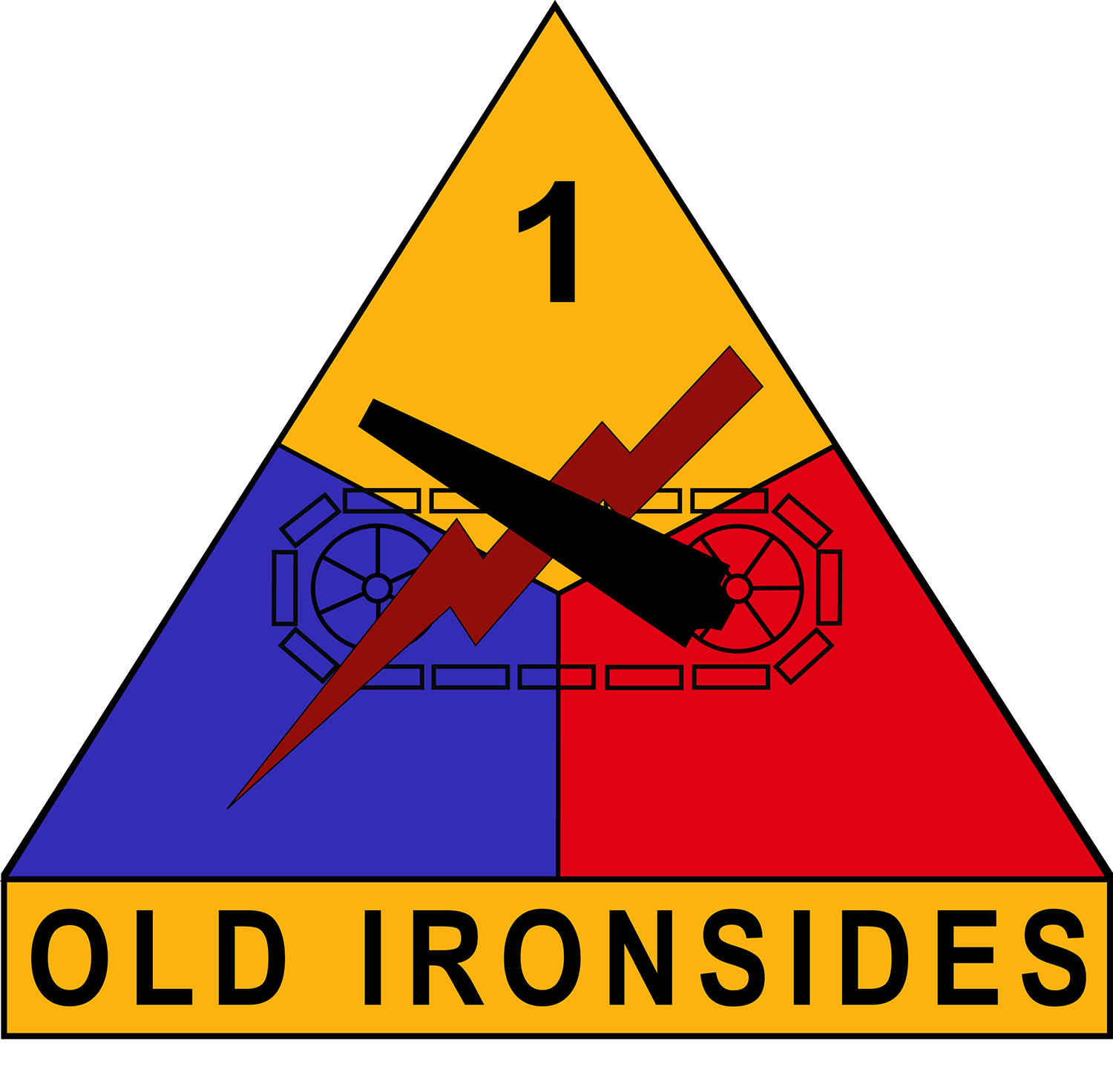
Soldiers' Rights Under the Servicemembers Civil Relief Act
By John Rechtien, Fort Bliss Legal Assistance Office
The Servicemembers Civil Relief Act, passed in 2003, offers vital protections to active-duty military personnel. By pausing or reducing legal and financial burdens, this legislation ensures that those defending our nation do not suffer unfair disadvantages.
Whether managing legal contracts, facing eviction, or addressing debt, service members can rely on the SCRA to safeguard their interests. The SCRA, originally known as the Soldiers' and Sailors' Civil Relief Act, is an updated version of protections that date back to World War I. The law was created to prevent financial and legal distractions from undermining a service member’s focus on duty.
Since then, it has evolved to meet the changing needs of military personnel. The 2003 update expanded protections for today’s service members. This law is designed to temporarily suspend or adjust certain civil obligations—such as loan payments or lease agreements—so that service members can concentrate on their military responsibilities without the distraction of personal legal issues. By providing relief from financial pressures, the SCRA protects not just service members, but also their families.
Key protections under the SCRA include:
- Interest Rate Cap on Loans: One of the key benefits under the SCRA is the cap on interest rates for loans and credit cards. When a service member enters active duty, the interest rate on any pre-existing debts (such as credit cards, mortgages, or car loans) is legally capped at 6%. This cap remains in place for the duration of the service member’s active duty and applies to penalties or fees that may accrue on these debts.
- Protection Against Foreclosure: For service members who own homes, the SCRA provides protection against foreclosure. Under this law, a lender cannot foreclose on a home or evict a service member or their dependents without a court order while they are on active duty. This protection extends for up to one year after active duty ends, offering peace of mind to Soldiers returning from deployment.
- Eviction Protection: Renters also receive protections under the SCRA. If a service member or their family is renting a home, and the monthly rent is below a specific threshold (indexed annually), they cannot be evicted without a court order. This ensures that military families will not lose their homes while their loved ones are serving overseas.
- Protection from Default Judgments: The SCRA shields service members from default judgments in civil cases. If a lawsuit is filed against a service member and they cannot appear in court due to military duties, the court must either appoint an attorney to represent the service member’s interests or grant the service member a stay of proceedings until the service member can personally appear in court. This protection helps avoid unfair legal outcomes while a service member is unable to defend themselves in court.
- Terminating Lease Agreements: Service members who receive orders for a permanent change of station or a deployment lasting 90 days or more are permitted to terminate residential and vehicle leases without penalty under the SCRA. This flexibility allows military personnel to break long-term contracts without financial loss when they are reassigned or deployed.
- Vehicle Repossession Protections: The SCRA prohibits lenders from repossessing a service member's vehicle without a court order if the service member took out the loan and made at least one payment before entering military service. This protection applies even if the service member falls behind on payments while on active duty.
Enforcement of the SCRA: The Department of Justice is responsible for enforcing the SCRA, ensuring that service members’ rights are upheld. Violations of the law can lead to civil penalties and require lenders or landlords to compensate service members for any damages caused. There have been several high-profile cases in which banks or rental agencies were found in violation of the SCRA, resulting in large settlements. These cases underscore the importance of businesses adhering to the law, as service members are entitled to relief when their rights are breached.
Responsible Use of the SCRA: While the Servicemembers Civil Relief Act provides essential protections, it is crucial that Soldiers use the law responsibly. The SCRA is designed as a shield for service members against malicious business practices, not as a sword to unfairly break leases or evade debts without legitimate cause. Abusing these safeguards undermines the system and can harm businesses. Responsible use of the SCRA ensures that Soldiers and their families are well-protected at home while they serve the country.
Challenges and Updates: Despite its strong protections, some challenges remain. One major issue is awareness: many service members and their families are not fully informed about the rights available to them under the law. Because many of the protections granted under the SCRA must be invoked and are not automatic, Soldiers are often taken advantage of without knowing of the robust protections they are shielded with. Additionally, compliance from financial institutions and landlords is not always guaranteed, leading to potential violations. In recent years, the Department of Justice has ramped up enforcement actions to hold violators accountable. However, the rise of complicated financial arrangements—such as those involving student loans or modern online lending platforms—presents new challenges. Advocacy groups continue to push for updates to the SCRA to ensure it covers emerging financial issues affecting today's service members.
The SCRA remains a critical tool in safeguarding the rights of military personnel as they balance their personal lives with the demands of service. While the law offers comprehensive protections, continued enforcement and education are essential to ensure service members fully benefit from these rights. As the military evolves so too must the laws that protect those who serve, ensuring that no Soldier is left vulnerable while defending the nation.
To speak with an attorney in the Legal Assistance Office on this or any other topic, please schedule an appointment by emailing usarmy.bliss.hqda-otjag.mesg.bliss-legal-assistance-office@army.mil, or calling (915) 568-7141 during LAO business hours.




